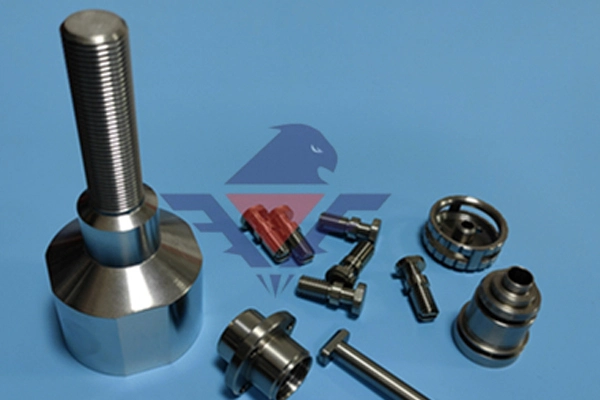Swiss Machining: Precision and Efficiency in Small Part Manufacturing

# Swiss Machining: Precision and Efficiency in Small Part Manufacturing
## Introduction to Swiss Machining
Swiss machining, also known as Swiss screw machining or Swiss turning, is a specialized manufacturing process that excels in producing small, high-precision components. Originating in Switzerland’s watchmaking industry, this technique has evolved to become a cornerstone of modern precision manufacturing across various industries.
## How Swiss Machining Works
The Swiss machining process differs from conventional turning operations in its unique approach to material handling. Unlike traditional lathes where the tool moves towards stationary material, Swiss machines feature a sliding headstock that moves the workpiece past stationary or rotating tools. This design offers several advantages:
– Enhanced precision for long, slender parts
– Reduced vibration during cutting operations
– Improved surface finishes
– Ability to maintain tight tolerances
## Key Advantages of Swiss Machining
### 1. Exceptional Precision
Swiss machines can achieve tolerances as tight as ±0.0001 inches (0.00254 mm), making them ideal for medical devices, aerospace components, and electronics where precision is paramount.
### 2. High Efficiency in Small Part Production
The simultaneous multi-axis capabilities allow for complete machining in a single setup, significantly reducing production time for complex small parts.
### 3. Material Savings
The guided bushing system minimizes material waste by supporting the workpiece close to the cutting area, enabling efficient use of expensive materials like titanium or specialty alloys.
## Applications Across Industries
Swiss machining serves numerous sectors requiring precision small parts:
Keyword: Swiss Machining
– Medical: Surgical instruments, implants, and dental components
– Aerospace: Fuel system parts, fasteners, and sensor components
– Electronics: Connectors, pins, and miniature housings
– Automotive: Fuel injection parts and transmission components
## Choosing the Right Swiss Machining Partner
When selecting a Swiss machining provider, consider these factors:
– Experience with your specific industry requirements
– Quality certifications (ISO, AS9100, etc.)
– Material expertise
– Secondary processing capabilities
– Volume flexibility from prototyping to production runs
## The Future of Swiss Machining
As industries demand increasingly smaller and more complex components, Swiss machining continues to evolve with:
– Advanced CNC controls for greater automation
– Integration of live tooling and milling capabilities
– Improved material handling systems
– Smart manufacturing technologies for real-time monitoring
Swiss machining remains at the forefront of precision manufacturing, offering unmatched capabilities for producing small, intricate parts with exceptional accuracy and efficiency.